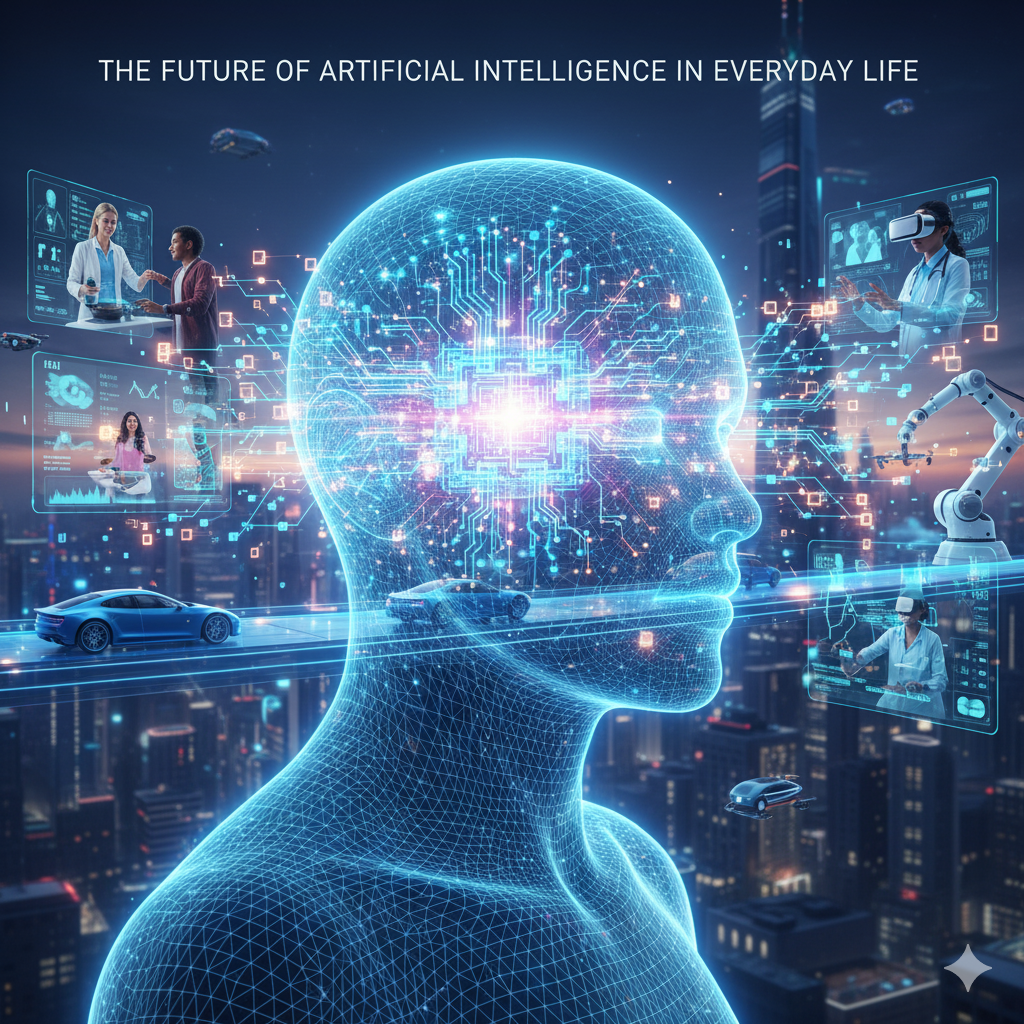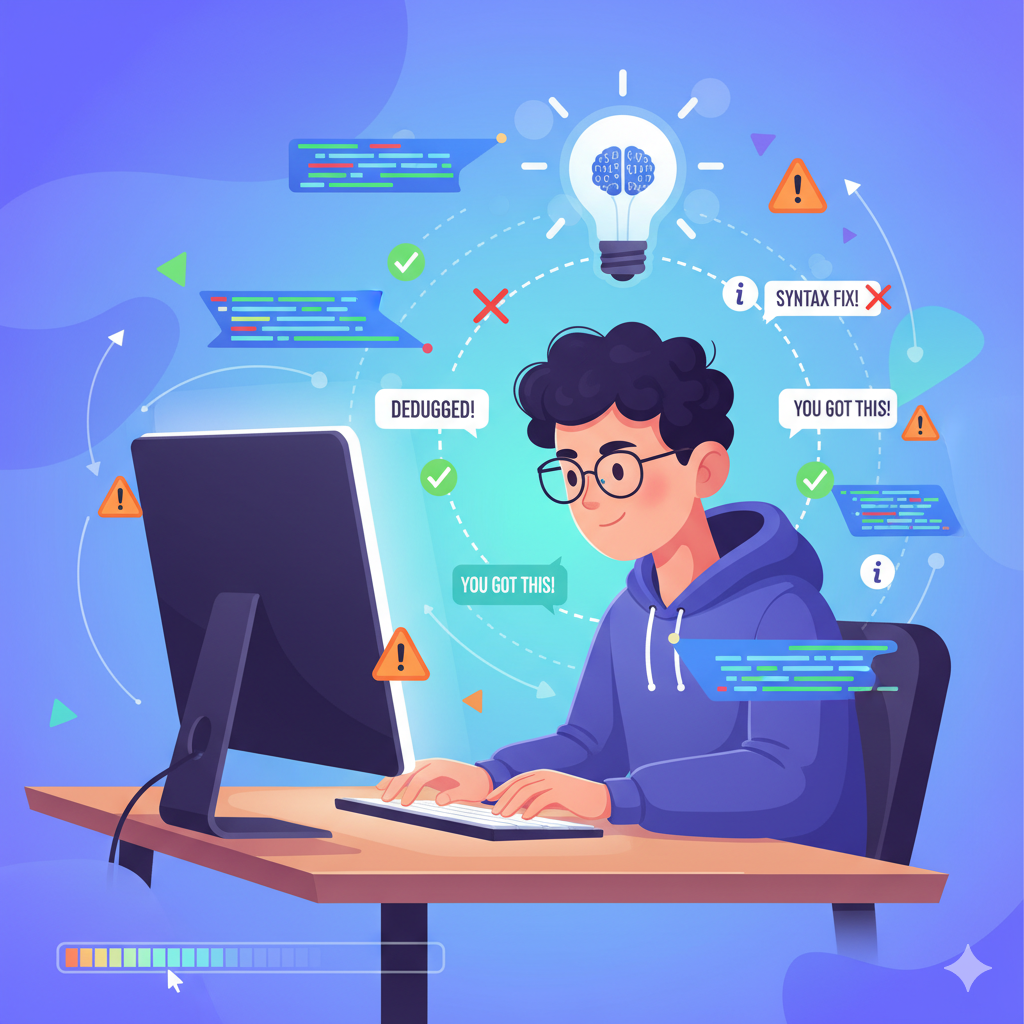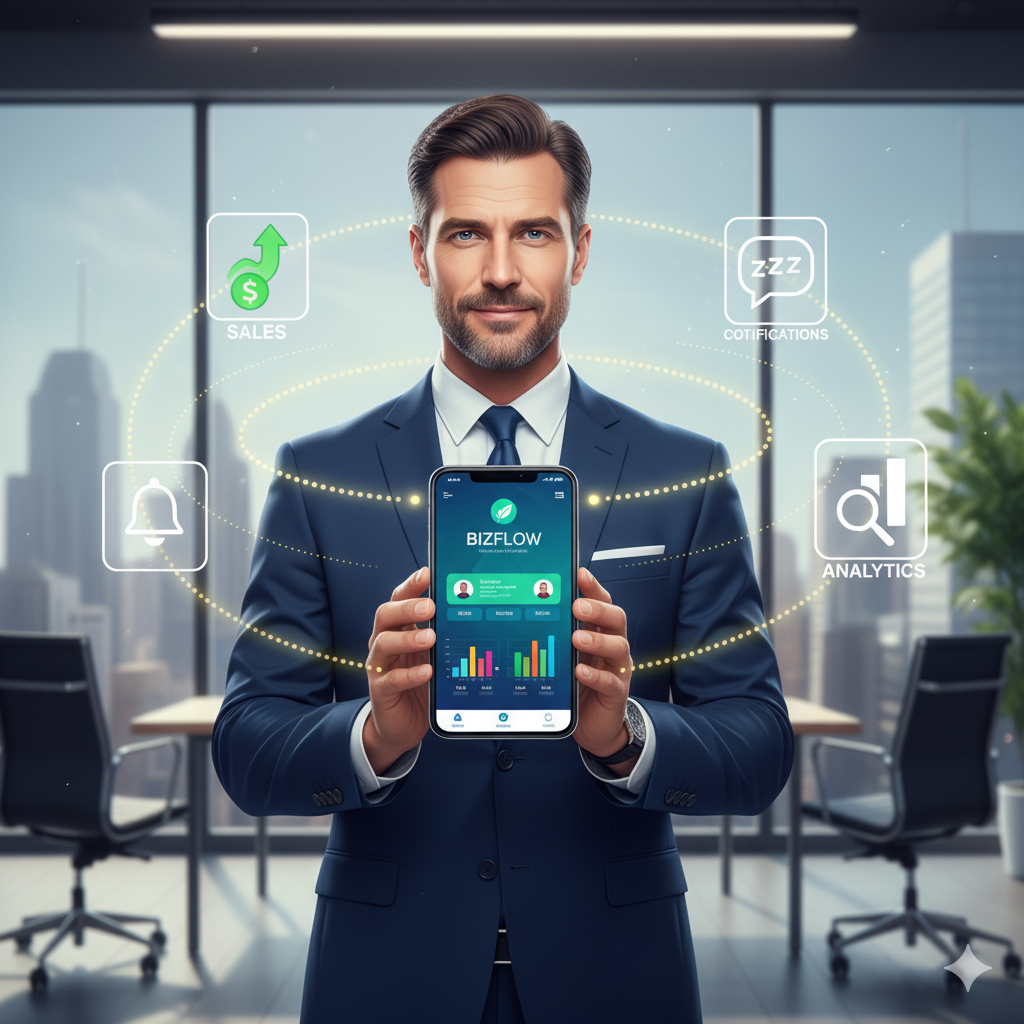Artificial Intelligence (AI) is no longer just a buzzword — it’s a technology that’s quietly shaping the world around us. From the voice assistant on your smartphone to personalized movie suggestions on Netflix, AI has become part of our daily routines. But this is only the beginning. The next decade will take AI beyond convenience, transforming how we live, work, and connect.
🌍 AI in Daily Tasks
Think about how often you use Google Maps, or ask Alexa to play a song. These tasks seem simple, but behind the scenes, AI analyzes patterns, predicts outcomes, and improves over time. Soon, our smart homes will go a step further — automatically adjusting temperature, lighting, and even groceries based on our habits.
🏢 AI at Work
In the workplace, AI helps professionals save time and make smarter decisions. Tools powered by machine learning can read thousands of data points to predict market trends, customer preferences, or even equipment failures before they happen. For small businesses, AI tools for marketing, chatbots, and analytics are already making complex tasks easy and affordable.
🚗 AI in Transportation
Self-driving cars are one of the most exciting examples of AI’s power. These vehicles use sensors and algorithms to “see” their surroundings, reducing human error and traffic accidents. While fully autonomous vehicles are still being tested, we’re already using partial automation in advanced driver-assist systems.
💬 Ethical Concerns and the Human Side
While AI offers incredible advantages, it also raises important questions — like data privacy and job automation. As machines get smarter, humans must focus on creativity, empathy, and emotional intelligence — areas where technology can assist but never replace us.
🔮 The Road Ahead
The future of AI is about collaboration, not competition, between humans and machines. With responsible development and ethical use, AI will help create a smarter, more efficient, and more personalized world.




